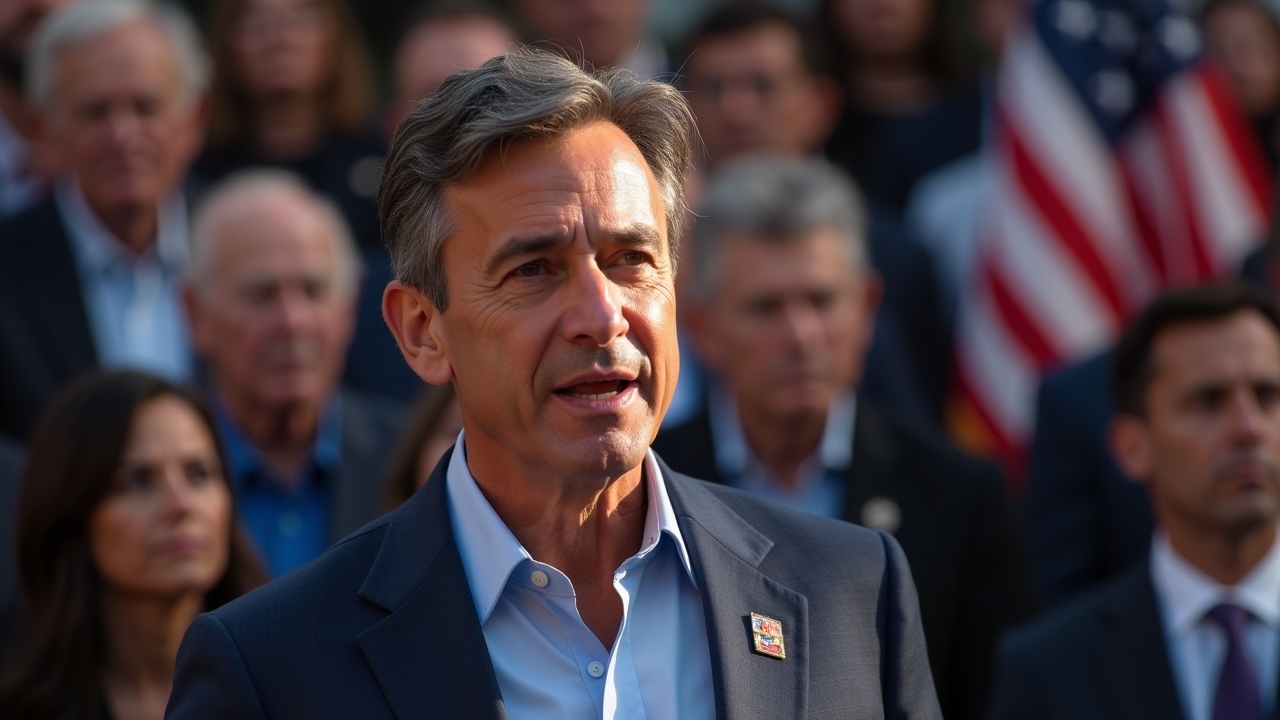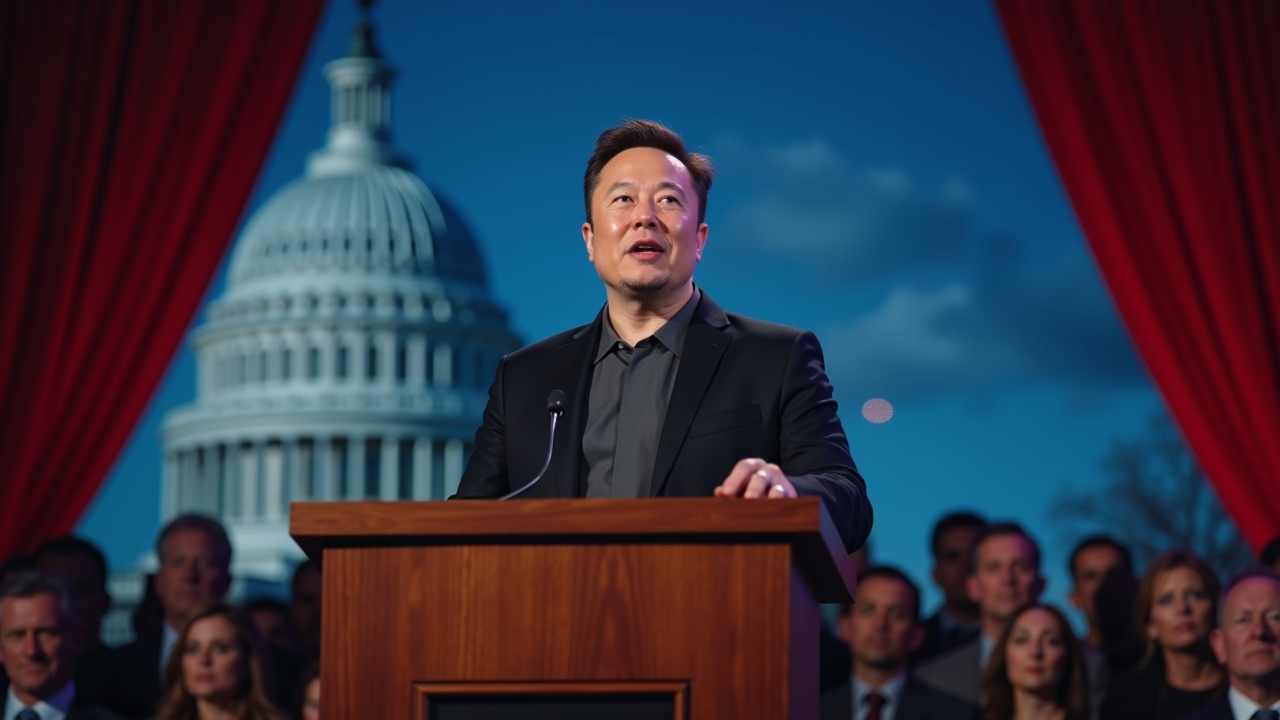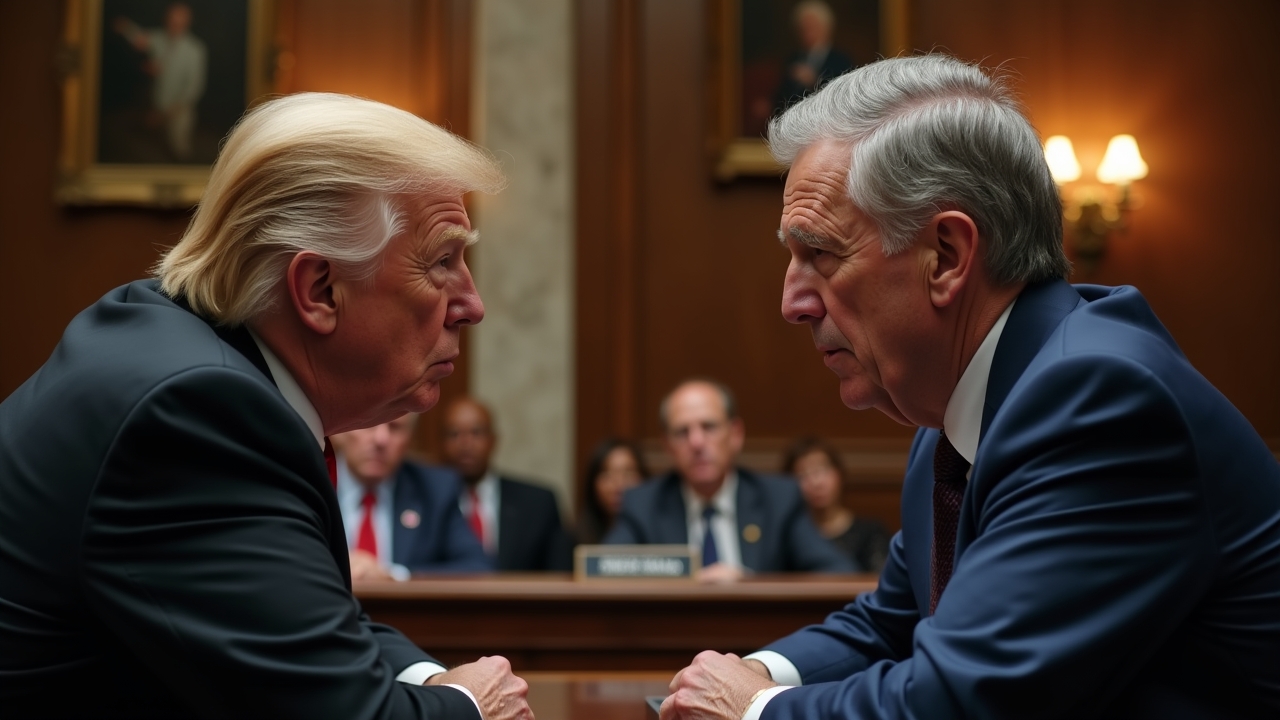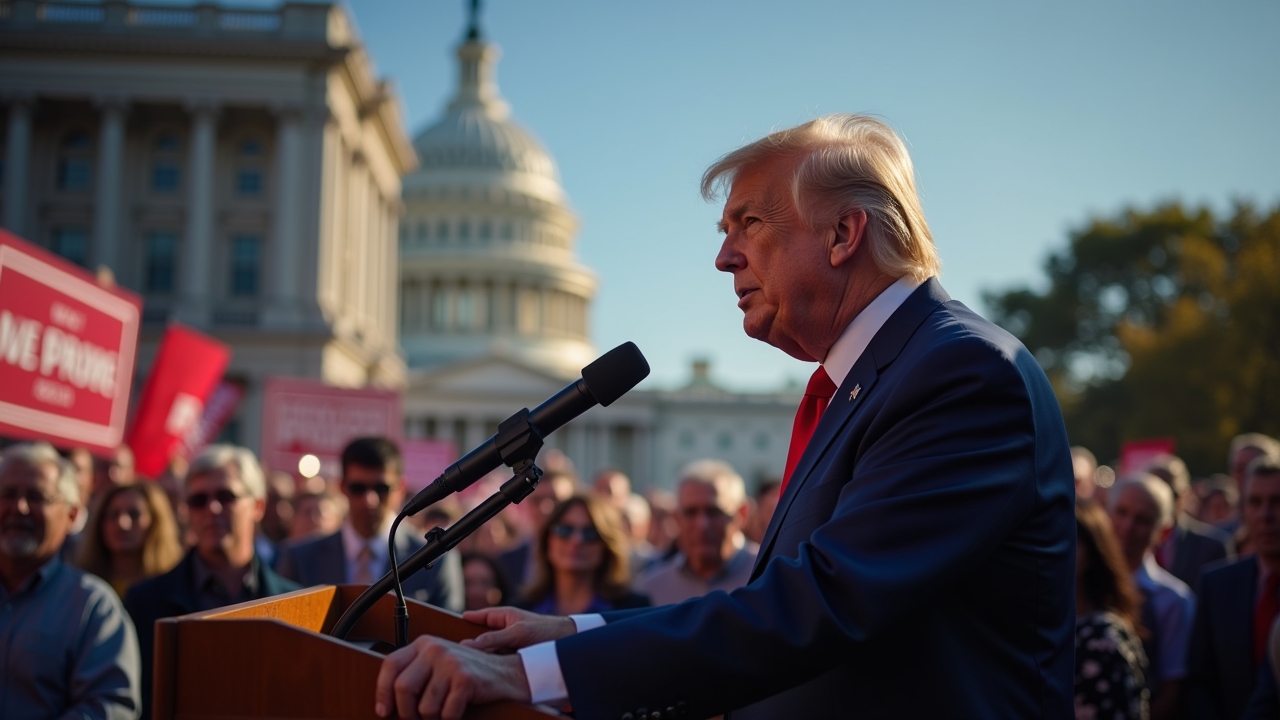PROTECT YOUR DNA WITH QUANTUM TECHNOLOGY
Orgo-Life the new way to the future Advertising by AdpathwayJustin Vianello, CEO of Skillstorm, recently spoke with Fox News Digital about the pressing issues surrounding the H-1B visa program. As the Trump administration sets its sights on reforming this system to support American workers, Vianello’s insights reflect deep concerns about the current state of employment for college graduates, particularly those in fields like computer science.
Vianello pointed out a troubling trend: graduates in IT are facing higher unemployment rates than the overall average for college graduates. This suggests that many of these new professionals may find themselves in jobs that do not match their qualifications. “So that basically means they didn’t need degrees for the jobs that they’re currently in,” he remarked, signaling a poignant concern. This underemployment issue looms large as the number of H-1B visa holders in the U.S. reaches approximately 730,000, with a significant portion working in the IT sector.
Critics of the H-1B program argue that it undermines American workers by favoring foreign labor over domestic talent. Vianello painted a clear picture of the competitive landscape faced by college graduates. Not only are they competing with H-1B visa holders, but also with those on Optional Practical Training (OPT) visas. These OPT holders, often STEM graduates, do not contribute to Social Security or Medicare taxes, effectively making them less expensive hires for employers. “You’re graduating with student debt, you’ve got H-1B visa holders and OPT visa holders who have the ability to take your job and cost an employer significantly less,” Vianello noted, illustrating the multi-faceted challenges young professionals encounter in the job market.
The corporate world often turns to the H-1B visa program under the premise of recruiting the “best and brightest.” However, Vianello countered this by highlighting the paradox of recent layoffs in the tech industry. In the past eighteen months, companies have let go of around 250,000 tech workers while simultaneously seeking to fill the maximum cap of 85,000 H-1B visas. “If there’s a shortage of skills, why are you laying off 250,000 people?” he asked. This contradiction reveals a potential misuse of the program, transforming it into a tool for cost-cutting rather than maintaining a competitive workforce.
In terms of potential reforms, Vianello welcomed the Trump administration’s proposed changes aimed at increasing the salary thresholds for H-1B applicants and the introduction of a hefty $100,000 fee for new applications. According to Vianello, these measures could incentivize employers to prioritize domestic candidates. “Certainly I think that the $100,000 fee on any new applications is gonna go a long way towards changing behavior,” he said, expressing cautious optimism regarding the future direction of the program.
Importantly, Vianello brings a personal perspective to the discussion. Having come to the United States on a Specialty Occupation Visa himself, he acknowledges the value of worker visa programs. Yet, he insists on fair treatment for American workers. “What I oppose is the misuse of programs like H-1B and OPT as tools for labor arbitrage,” he stated. His stance underscores a desire for a balanced approach that supports both skilled immigrants and the domestic workforce.
Overall, Vianello’s comments serve as a significant contribution to an ongoing debate about employment, education, and the role of immigration in the U.S. economy. His expertise sheds light on the intricate issues at play in the current labor market, where young graduates are left navigating a challenging landscape largely dictated by visa policies and corporate strategies.
"*" indicates required fields


 2 days ago
3
2 days ago
3


















.jpg)






 English (US) ·
English (US) ·  French (CA) ·
French (CA) ·